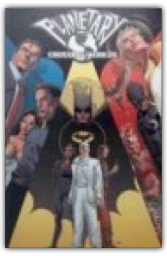
From the twisted and endlessly-innovative mind of sensational, award-winning writer Warren Ellis (The Authority, Transmetropolitan), comes Planetary, a mysterious organisation endlessly probing and dissecting the secret history of the Earth. But in Crossing Worlds, Planetary probe a little too far, tearing the very fabric of reality and finding themselves in alternate universes! There they encounter jackbooted metahumans The Authority; a twisted incarnation of fabled superteam the JLA; and various versions of the Dark Knight himself, Batman! Battling either alongside or against Planetary, these three new stories feature a host of familiar legends and heroes as they've never been seen before! 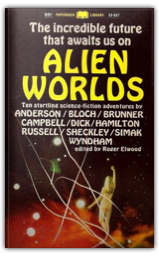
Mass market paperback by Popular Library, Inc., 1968. Ten startling sci-fi adventures by Anderson, Bloch, Brunner, Campbell, Dick, Hamilton, Russell, Sheckley, Simak, Wyndham. 176 pp 
Here's a book guaranteed to offend a bunch of people, not only because of its profuse profanity and graphic violence, but because it's the epitome of iconoclasm. Like a brutal accident, you can't watch but you can't turn away. The story follows an ex-preacher man, Jesse, who has become disgusted with God's abandoning of His responsibilities. So Jesse starts off into the wilds of Texas with his hitman girlfriend and new best friend (a vampire) to find God so that he can give Him a piece of his mind. Despite its superficial perversity, this book contains what may be the most moral character in mainstream comics. A cult hit in the making. Fans of Quentin Tarantino take note. 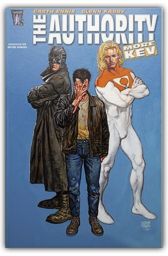
To date, the life of down on his-luck S.A.S. Corporal Kev Hawkins has been an interesting mix of surprises and disappointments—but nothing could have prepared him for his repeated run-ins with the super-hero team knows as "The Authority"! After committing a debacle in his early career with the S.A.S, Kev was reassigned to a shadowy British intelligence agency as their "cleaner," taking care of the worst problems imaginable. No wonder he spends every night at the pub with his mates! His latest assignment: He must kill the most powerful super-human group on the planet — armed only with a gun! 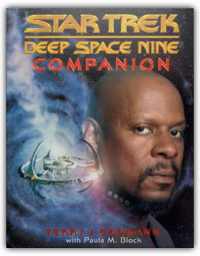
Finally, here is a book that covers all seven seasons of Star Trek: Deep Space Nine. And, at 725 pages, this "companion" covers them in considerable depth. Terry J Erdmann had access to the set throughout the seven seasons, resulting in a volume filled with interviews and anecdotes. A brief introduction to each season is followed by an episode-by-episode guide, consisting of writing, directing and acting credits, stardate where known, a detailed plot summary and then a lengthy analysis including interviews with the actors and production staff. These provide a wealth of detail that gives the reader a real feeling for all the behind-the-scenes work that goes into producing the finished shows. At more than twice the length of the previous Star Trek: The Next Generation Companion, the coverage feels very thorough, although more biographical information on the actors would have been welcome. Dotted through the book are longer interviews, and at the end there is a piece about the very last day of filming. An appendix provides an alphabetical listing of episodes for easy reference. Thebook is liberally illustrated with photographs and drawings but, sadly, these are all black and white. But, that aside, this is an essential addition to the bookshelves of long-time fans, as well as providing an accessible introduction for those less familiar with the show. —Elizabeth Sourbut 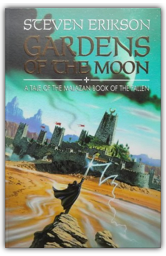
With a field as crowded as heroic fantasy, a reader is entitled to know what makes the latest blockbuster worth his or her attention: but Bantam books are throwing considerable marketing weight behind Steven Erikson, because they clearly believe he is the Next Big Thing. They may be right—he has the breadth and detail of imaginative vision, he is able to create a world that is both absorbing on a human level and full of magical sublimity, and, above all, he can write. |
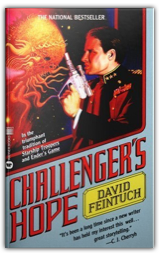
In the aftermath of an alien attack and an admiral's traitorous desertion, Commander Nicholas Seafort is left in charge of a doomed ship that carries arrogant colonists, violent street children, and dwindling supplies. 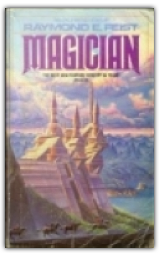
Like a venerable patriarch, Magician stands at the head of a great tribe of fantasy writing. When Raymond Feist's enormous novel was published, critics called it "the best new fantasy concept in years", and Feist has refined and explored that concept over a dozen novels. His "concept" was to bring together two (and later, more) whole, intricately realised fantasy worlds. Midkemia is a Tolkienian realm, a European- Medieval series of kingdoms in which magic is prominent, and where men share the earth with dwarves and elves. Feist's genius was inventing another sword and sorcercy realm based more closely on eastern models, the Empire of Tsuranuanni, as vast as Ancient China, as formalised and devoted to the arts of war as a samurai Japan. A magical rift in time-space brings these two worlds clashing together, and the young boy Pug and his soldier friend Tomas are thrown into the ensuing maelstrom of invasion and epic battle, before embarking on a more fundamental magical journey towards the very roots of evil itself. Feist's two sequels to Magician, Silverthorn and A Darkness at Sethanon complete the richly conceived Riftwar Saga, and Feist has gone on to chronicle other aspects of his invented worlds. With Janny Wurts he wrote the Empire trilogy, which charts the rise, through the rigid patriarchy of the Empire of Tsuranuanni, of a remarkable female heroine, a woman who eventually reaches the heights of the imperial throne itself Daughter of the Empire, Servant of the Empire and Mistress of Empire. More recently he has returned to the world of Medkemia, and to his hero Pug, with the Serpentwar saga, beginning with Shadow of a Dark Queen and continuing with Rise of a Merchant Prince, Rage of a Demon King and Shards of a Broken Crown. Heroic Fantasy is a crowded-enough field, but Feist stands out in it for his sheer inventive power, the scope and range of his narratives, the diversity of his characters and his thundering battle sequences. Start reading here, and you may find yourself unable to stop until you have followed the saga right up to date. —Adam Roberts 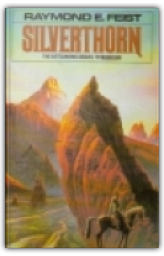
Silverhorn is the sequel to Magician, which, like a venerable patriarch, stands at the head of a great tribe of fantasy writing. When Raymond Feist's enormous novel was published, critics called it "the best new fantasy concept in years", and Feist has refined and explored that concept over a dozen novels. His "concept" was to bring together two (and later, more) whole, intricately realised Fantasy worlds. Midkemia is a Tolkienian realm, a European-Medieval series of kingdoms in which magic is prominent, and where men share the earth with dwarves and elves. Feist's genius was inventing another sword and sorcercy realm based more closely on eastern models, the Empire of Tsuranuanni, as vast as Ancient China, as formalised and devoted to the arts of war as a samurai Japan. A magical rift in time-space brings these two worlds clashing together, and the young boy Pug and his soldier friend Tomas are thrown into the ensuing maelstrom of invasion and epic battle, before embarking on a more fundamental magical journey towards the very roots of evil itself. Feist's two sequels to Magician, Silverthorn and A Darkness at Sethanon complete the richly conceived "Riftwar Saga", and Fiest has gone on to chronicle other aspects of his invented worlds. With Janny Wurts he wrote the "Empire" trilogy, which charts the rise, through the rigid patriarchy of the Empire of Tsuranuanni, of a remarkable female heroine, a woman who eventually reaches the heights of the imperial throne itself Daughter of the Empire, Servant of the Empire and Mistress of Empire. More recently he has returned to the world of Medkemia, and to his hero Pug, with the Serpentwar saga, beginning with Shadow of a Dark Queen and continuing with Rise of a Merchant Prince, Rage of a Demon King and Shards of a Broken Crown. Heroic Fantasy is a crowded-enough field, but Feist stands out in it for his sheer inventive power, the scope and range of his narratives, the diversity of his characters and his thundering battle sequences. Start reading here, and you may find yourself unable to stop until you have followed the saga right up to date. —Adam Roberts 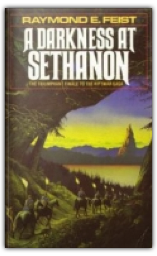
A Darkness at Sethanon completes the "Riftworld saga" which started with Feist's Magician. When Raymond Feist's enormous novel was published, critics called it "the best new fantasy concept in years", and Feist has refined and explored that concept over a dozen novels. His "concept" was to bring together two (and later, more) whole, intricately realised Fantasy worlds. Midkemia is a Tolkienian realm, a European-Medieval series of kingdoms in which magic is prominent, and where men share the earth with dwarves and elves. Feist's genius was inventing another sword and sorcercy realm based more closely on eastern models, the Empire of Tsuranuanni, as vast as Ancient China, as formalised and devoted to the arts of war as a samurai Japan. A magical rift in time-space brings these two worlds clashing together, and the young boy Pug and his soldier friend Tomas are thrown into the ensuing maelstrom of invasion and epic battle, before embarking on a more fundamental magical journey towards the very roots of evil itself. Feist's two sequels to Magician, Silverthorn and A Darkness at Sethanon complete the richly conceived "Riftwar Saga", and Fiest has gone on to chronicle other aspects of his invented worlds. With Janny Wurts he wrote the "Empire" trilogy, which charts the rise, through the rigid patriarchy of the Empire of Tsuranuanni, of a remarkable female heroine, a woman who eventually reaches the heights of the imperial throne itself Daughter of the Empire, Servant of the Empire and Mistress of Empire. More recently he has returned to the world of Medkemia, and to his hero Pug, with the Serpentwar saga, beginning with Shadow of a Dark Queen and continuing with Rise of a Merchant Prince, Rage of a Demon King and Shards of a Broken Crown. Heroic Fantasy is a crowded-enough field, but Feist stands out in it for his sheer inventive power, the scope and range of his narratives, the diversity of his characters and his thundering battle sequences. Start reading here, and you may find yourself unable to stop until you have followed the saga right up to date. —Adam Roberts 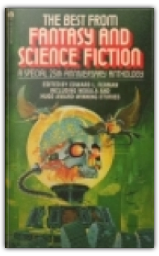
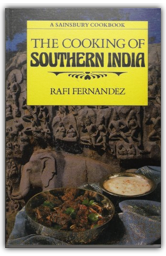
Everything you need to know to prepare an authentic south Indian meal |

Mike Scott
Collection Total:
4227 Items
4227 Items
Last Updated:
Feb 21, 2010
Feb 21, 2010


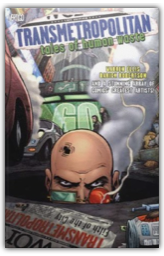
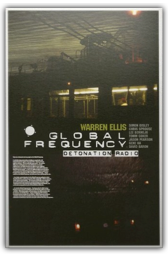

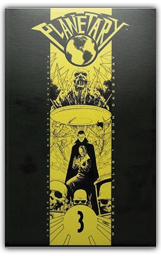
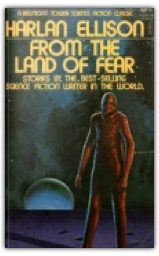
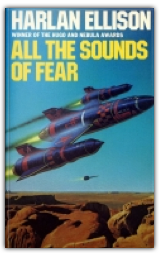
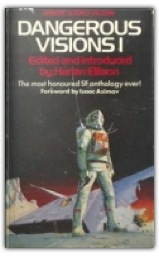
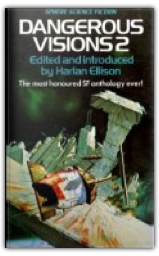
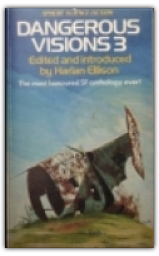
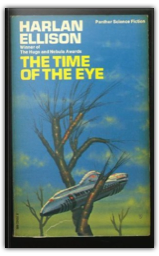
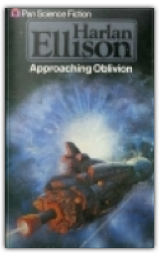
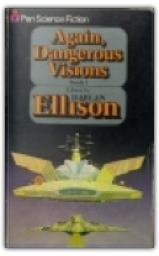
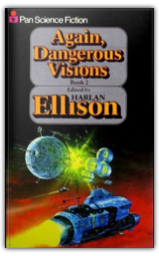
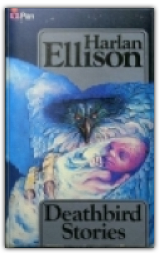
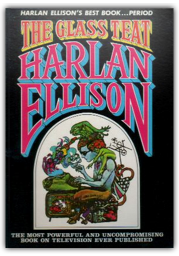

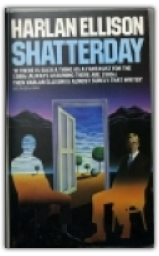
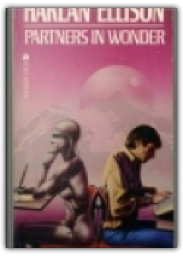
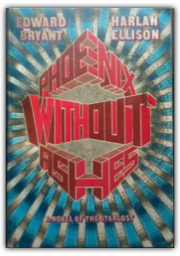
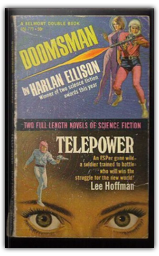
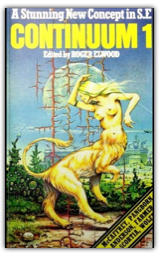
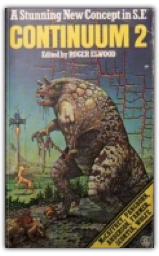
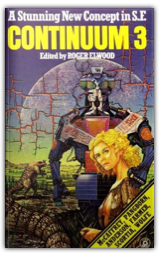
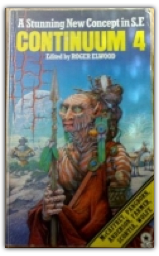
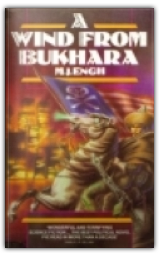
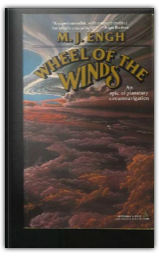



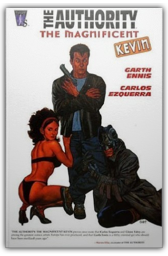
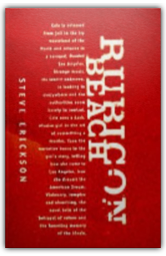
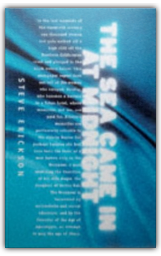

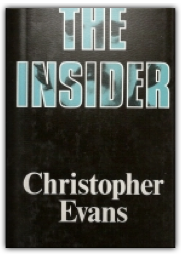
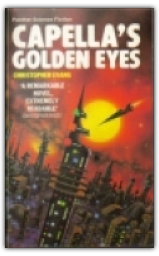


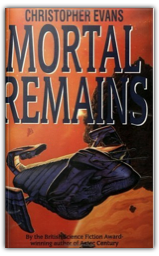

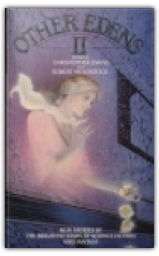
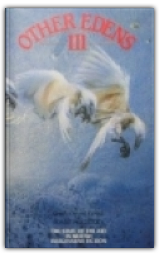
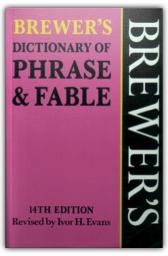
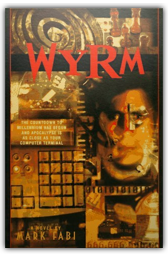
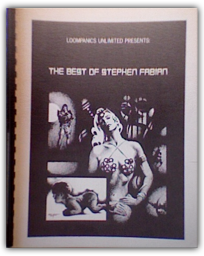

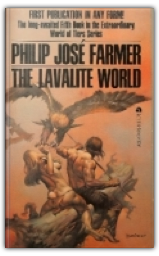



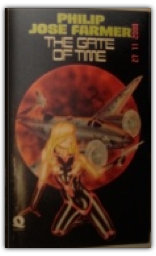
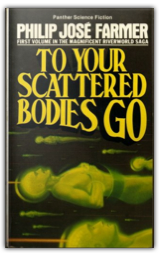



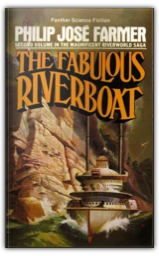
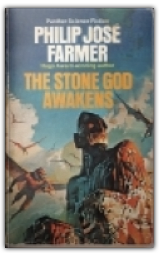
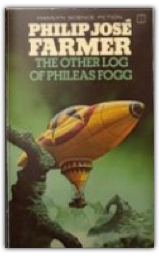
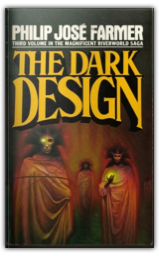
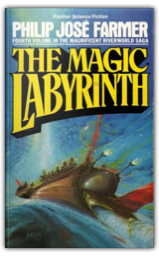
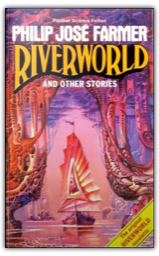
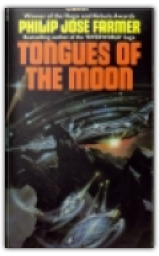
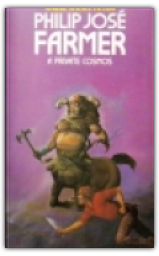
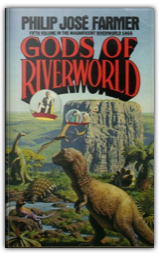
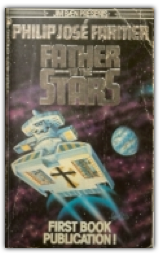
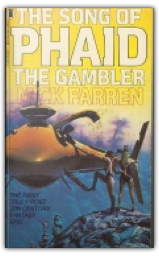
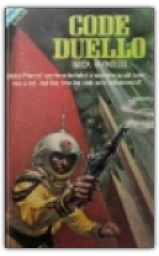



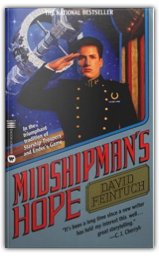
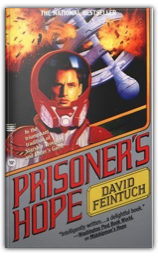
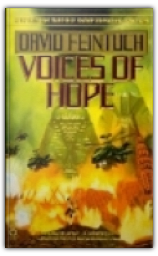
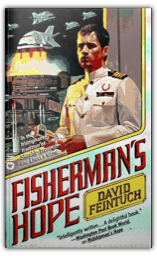
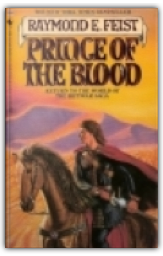
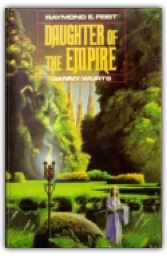
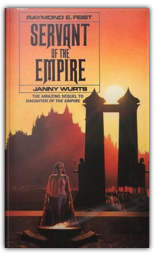
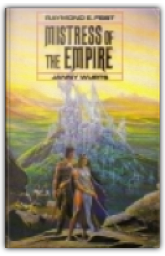
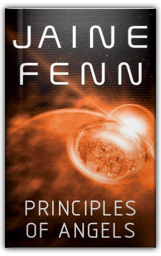

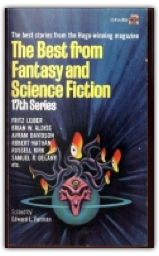
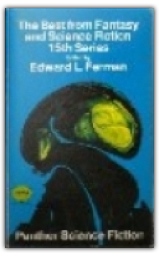
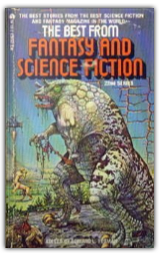

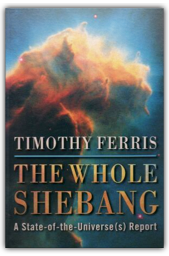
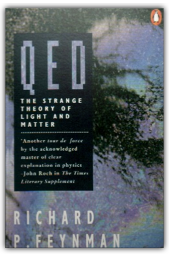
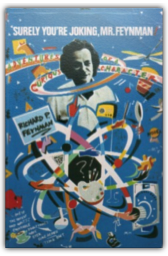

 Made with Delicious Library
Made with Delicious Library